$UBS $BTC $SPY
#Davos #WEF #GlobalEconomy #BusinessForum #Inflation #CorporateSpending #CEOs #WealthManagement #EconomicPolicy #BusinessGrowth #FinancialMarkets #InvestmentTrends
The World Economic Forum (WEF) may see a significant shift in their pricing strategy starting next year as Davos participants face a massive 10-fold price increase. Traditionally, the Davos Forum has been a gathering of the global elite, including heads of states, business leaders, and prominent investors, who meet to discuss pressing global issues ranging from economic policy to environmental sustainability. However, the steep rise in costs could recalibrate how companies and individuals decide to allocate resources to attend this prestigious event.
This hike in fees is part of the WEF’s strategic decision to expand the number of passes available, capitalizing on the informal, yet crucial, business transactions that typically occur on the sidelines of the official agenda. By increasing access, the WEF management aims to monetize the networking and business deals that often form an integral part of the annual event. Corporate delegates often use Davos to foster professional relationships, find new investment opportunities, and discuss strategic partnerships. For firms in sectors such as wealth management, technology, and international trade, the potential financial benefits from attending could outweigh the considerable costs of admission. Luxury institutions such as $UBS, which cater to high-net-worth individuals and corporate clients, may find these higher costs worth the access to this exclusive clientele.
However, the drastic increase in prices could present challenges for smaller organizations or emerging economies, whose leaders may now find themselves priced out of the event. Their absence could diminish the diversity of perspectives at the forum, potentially limiting insights and discussions that address global economic inequality. For publicly-traded companies or investment funds, furthers risks may arise if the heightened cost of participation is perceived to affect profitability. For example, investors of companies involved in Davos may react by adjusting their allocations if they view the added expense as unnecessary or unproductive, which could have a minor but noticeable impact on stock indices such as the S&P 500 ($SPY).
Those in the cryptocurrency space might also take interest. As decentralized finance ($BTC) continues to grow in global importance, becoming part of discussions among mainstream institutions, major players in the crypto industry may seek out more public exposure at events like Davos. However, the sharply higher costs imposed by WEF could be a barrier for companies and influencers in this emerging sector, which often promotes its identity as a low-cost, decentralized alternative to traditional finance. This could potentially weaken the representation of digital currencies at events where economic policy decisions are generated. The result may slow the crypto industry’s move toward wider acceptance and institutional support.
Overall, the 10-fold increase in costs for Davos participation holds significant implications not just for the attendees, but also for broader market dynamics and conversations about economic inclusivity. Wealth management firms and large global corporations may absorb the expenses without much bottom-line pressure, while smaller entities could lose crucial opportunities for industry collaboration. This development will undoubtedly lead to shifting stakes in who gets to influence the trajectory of global financial markets and long-term investment trends.


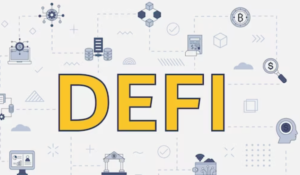
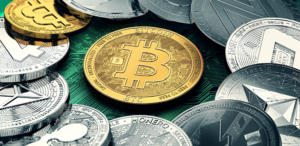
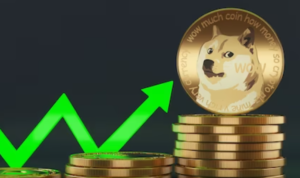
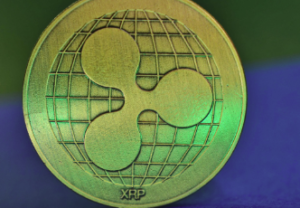
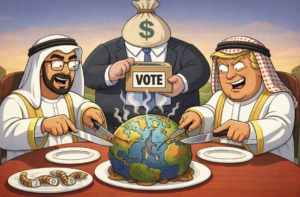
Comments are closed.